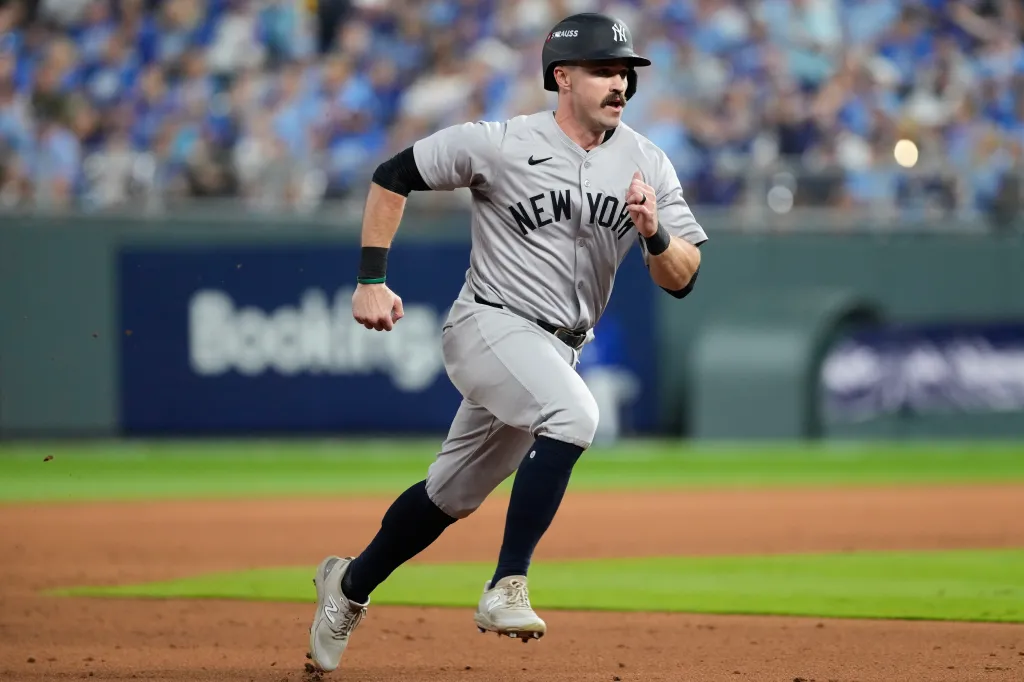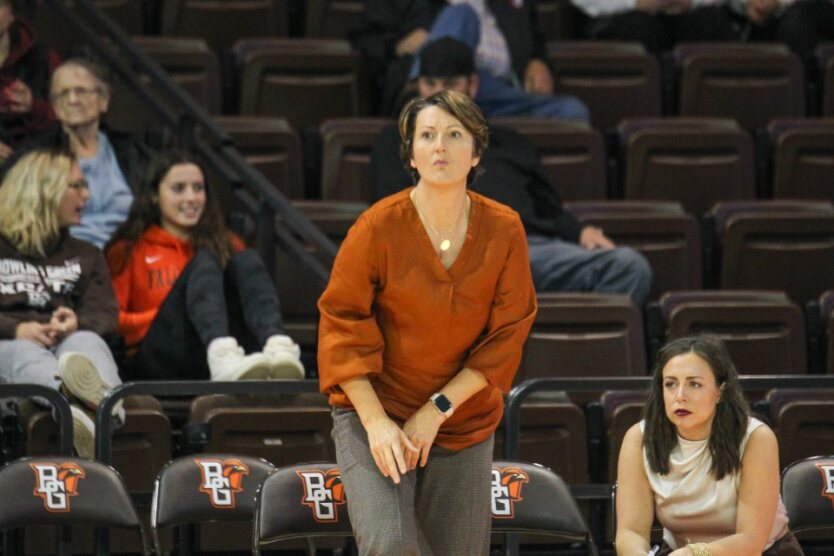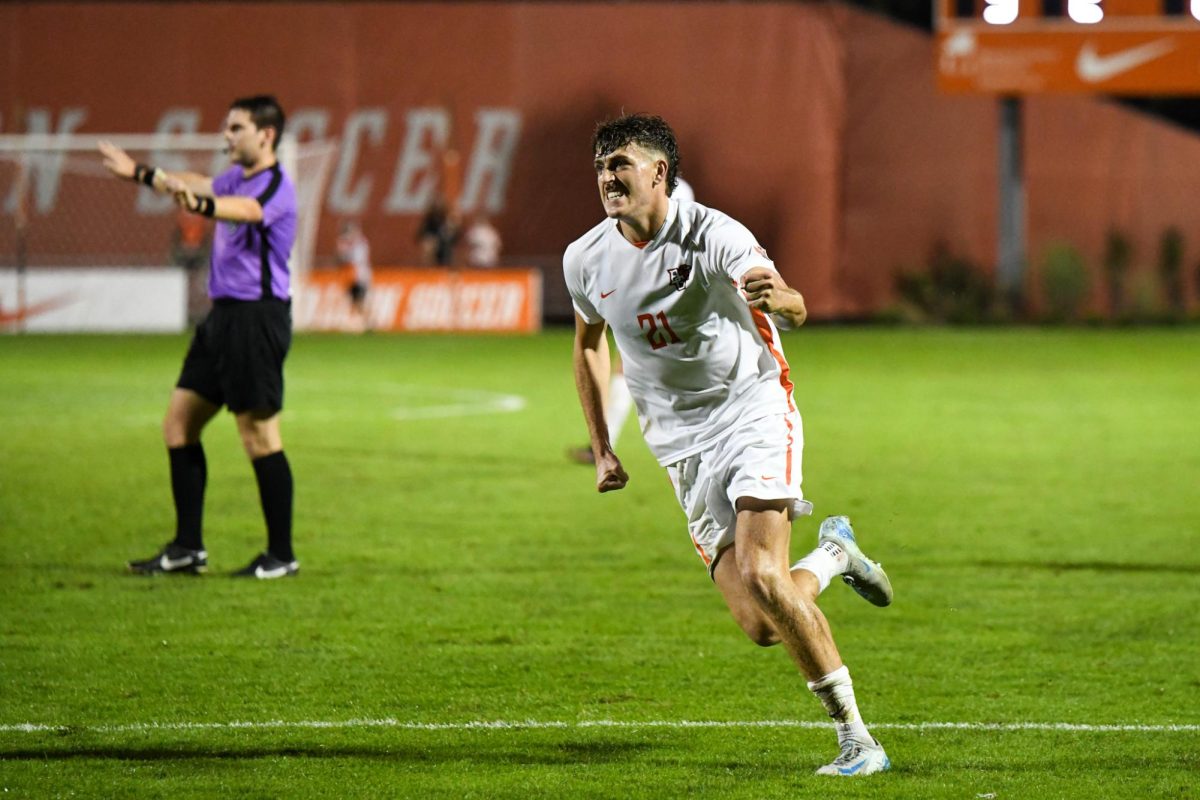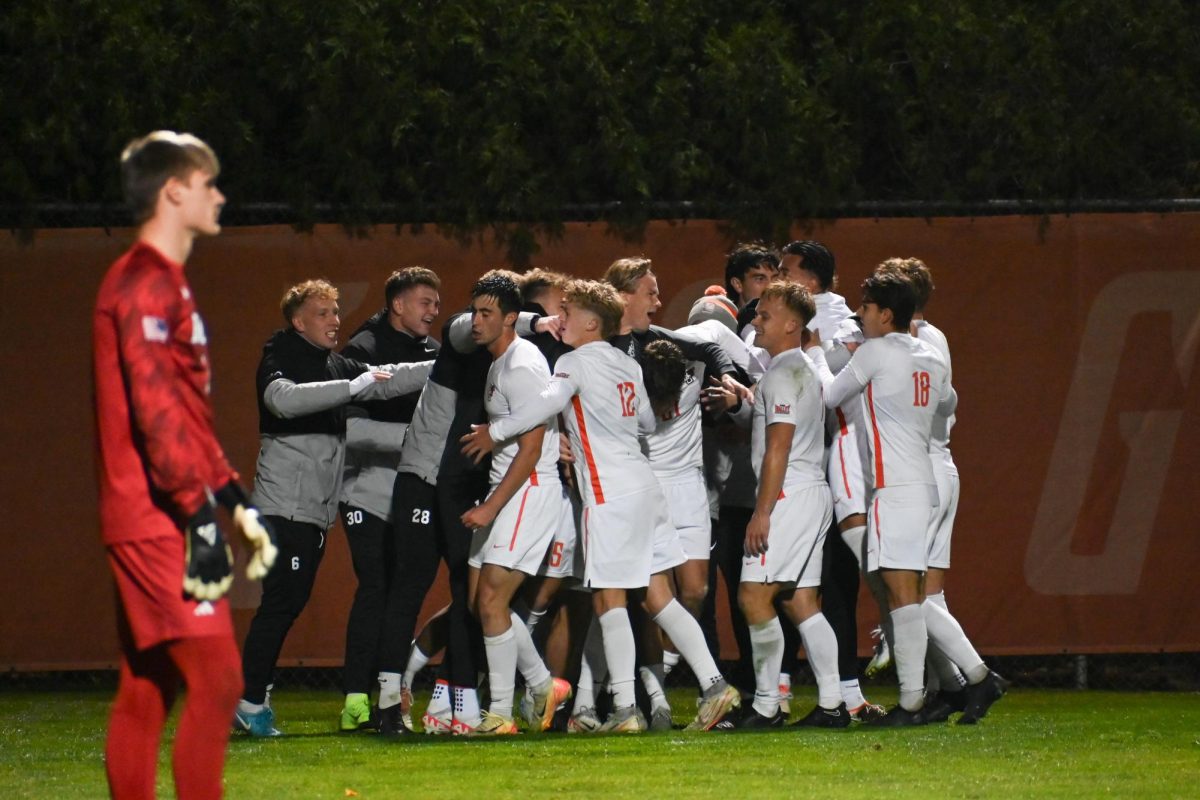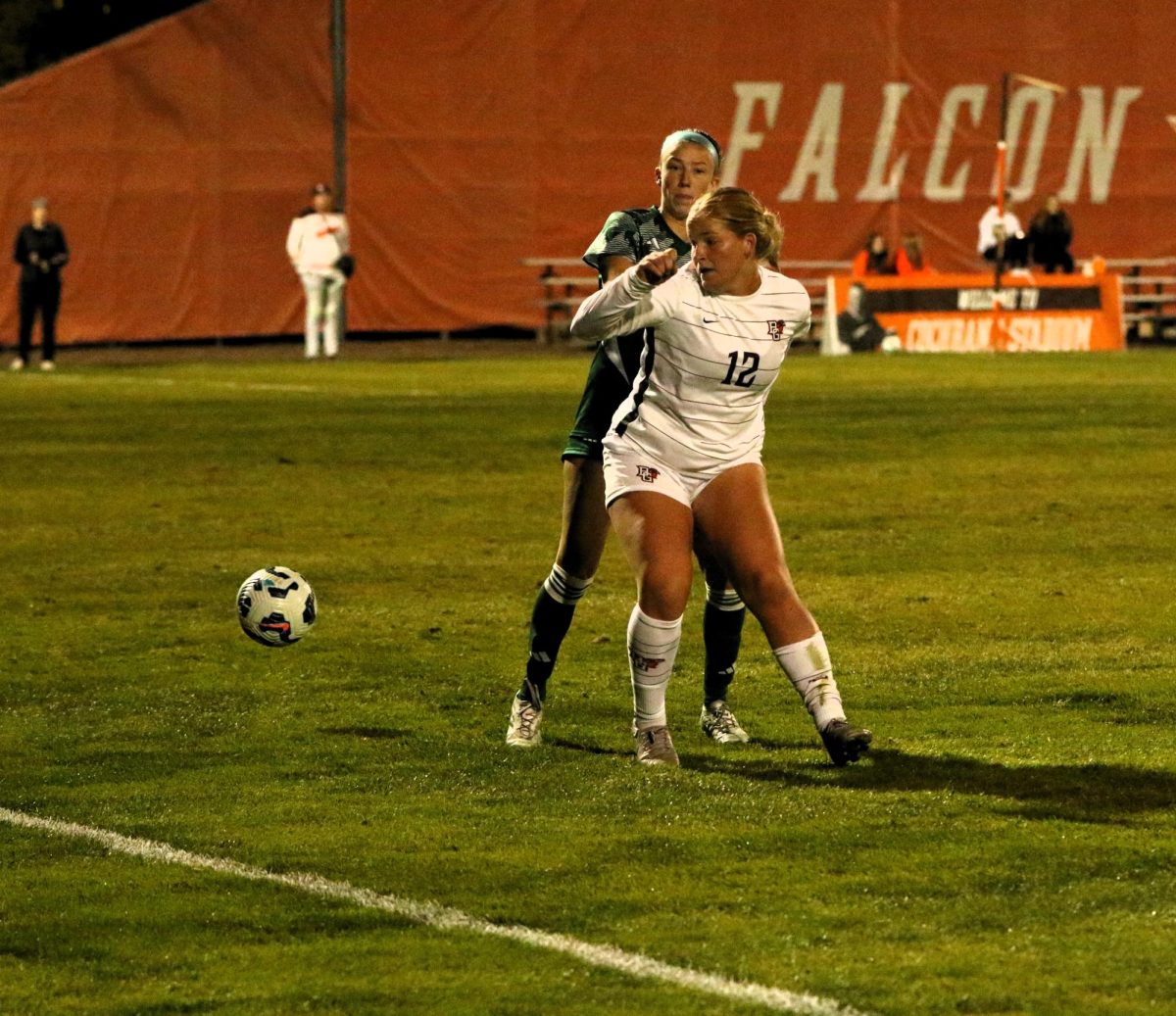I thank The BG News for inviting me to write a biweekly column.
Today I’m responding to a list I was given as an aid for my first-year seminar. It describes the “Mindset of the Class of 2017” with statements like “Pay Pal has replaced a pen pal as a best friend on line” and “Gaga has never been baby talk.”
I thought University students might be interested in the mindset of their teachers. Of course, I can speak only for myself, not for my younger and older colleagues. The class of 2017, last year’s freshmen, were born exactly 40 years after me.
When I was growing up, there were three main TV channels, ABC, NBC and CBS, plus a local station. In the Detroit area we also got CBC from Windsor. PBS arrived in 1970.
In elementary school I was a “safety boy” [crossing guard]. There were no safety girls. The girls made hot chocolate for the safety boys.
I knew of only one kid whose parents were divorced. If there were more, it was not talked about.
In the 1960s, “Made in Japan” meant cheap and mass-produced. A Honda was a motorcycle. Stadiums were named after people [Shea] and teams [Tigers], not corporations [Citi, Comerica].
Corporations were named after people [Ford, Wrigley] or industries [General Motors, General Mills], not given clever portmanteaus [Verizon, Comcast].
I witnessed the end of the age of passenger rail. I rode from Detroit’s Michigan Central Station— now a notorious urban ruin, to New York, sleeping in a Pullman car. The Penn Central railroad went bankrupt in 1970.
It was not too big to fail.
I experienced the end of the 78-rpm record and the arrival of stereo, cassette tapes, push-button phones, eight-track-tapes, VHS and Betamax videotapes, CDs and DVDs, cell phones and iTunes. I typed my dissertation on a typewriter and first used a PC in 1988. I was 33.
By the time I was 13, the Kennedy brothers and Martin Luther King Jr. had been assassinated. When I was 11, there was a week-long riot in Detroit. I was 13 when the Eagle landed and Woodstock happened, the forerunner of Lalapalooza and Bonaroo.
“The War” was the war in Vietnam. When I was 14, four protesting students were shot to death at Kent State. I turned 18 the year the draft ended.
I was 19 when Nixon resigned. I first voted in the 1976 elections. I was 30 when the Challenger exploded, 34 when the Berlin Wall fell and 45 on 9/11.
When I went to Michigan State in 1973, I could pay for a whole quarter with a check for under $300. We registered for classes in “The Pit,” a gymnasium with a table for each department, by handing over punch cards.
Back then, a college education was a public good as well as an individual credential. We were riding the crest of the expansion of the 1950s and 1960s, when college became generally obtainable without large debts.
Then the 1973 oil crisis came and changed everything. The pie was no longer so big.
Inflation reigned. Japan entered the U.S. automobile market. The “Rust Belt” lost population to oil-producing states.
Ronald Reagan became president, reassuring us that we were still great. The end of the Cold War seemed to confirm this, but it paved the way for globalization, downsizing, outsourcing, de-funding of state universities, and our current nervousness.
Respond to Geoff at


